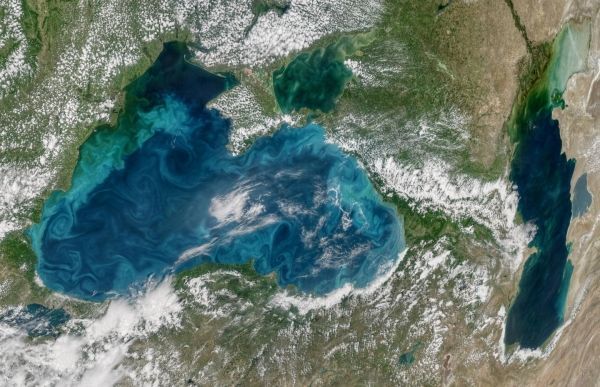Scientists are studying the oxygen-deprived waters of the Black Sea to help answer questions about the deepest parts of the ocean and Earth’s climate.
A new study led by researchers at the University of Miami (UM) Rosenstiel School of Marine and Atmospheric Science found that even in the absence of oxygen, the chemical and biological processes occurring in the Black Sea resemble those in the oxygenated deep ocean. These results provide new insights into the role that the deep ocean plays as a storage reservoir for carbon, a process that helps to dampen the effects of human-driven climate change.
“Understanding such processes is especially important today since oxygen in the ocean is decreasing, largely due to the warming of ocean waters driven by climate change,” said the study’s lead author Andrew Margolin, a postdoctoral researcher at the College of William & Mary's Virginia Institute of Marine Science and an alumnus of the UM Rosenstiel School.
Even in the absence of oxygen, the research team found that the respiration of organic carbon occurring in the anoxic waters of the Black Sea is not as different from that occurring in the deep ocean.
Read more at University of Miami Rosenstiel School of Marine and Atmospheric Science
Image: This is the Black Sea, captured on May 29, 2017 from NASA's Aqua satellite using the Moderate Resolution Imaging Spectroradiometer (MODIS). (Credit: Norman Kuring, NASA's Ocean Biology Processing Group.)


